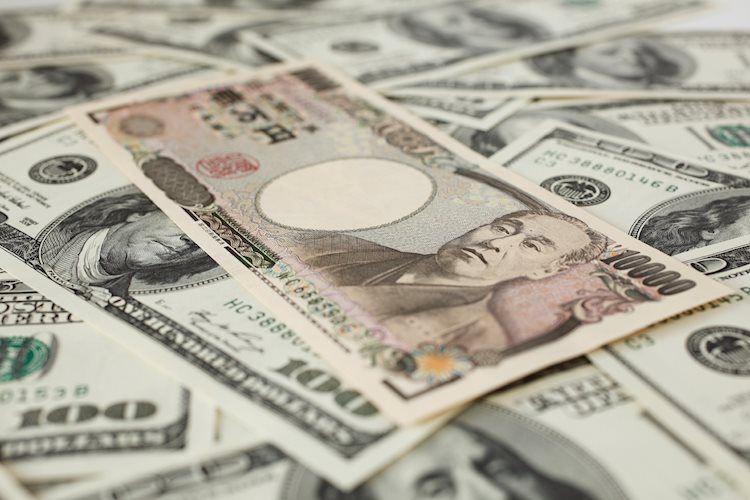The Japanese Yen (JPY) weakened in response to political developments after Sunday’s election, with the ruling coalition losing its parliamentary majority for the first time since 2009. This uncertainty surrounding Japan’s political landscape has raised doubts about the Bank of Japan’s (BoJ) rate-hike plans, leading to a bearish opening for the JPY in the week. Meanwhile, the generally positive risk sentiment and sustained US Dollar (USD) buying have further undermined the JPY’s safe-haven status, pushing the USD/JPY pair to fresh three-month lows.
The ongoing resilience of the US economy, as reflected in incoming macro data, has solidified market expectations that the Federal Reserve (Fed) will proceed with smaller rate cuts in the coming months. Additionally, concerns about deficit spending under potential future US administrations, including Vice President Kamala Harris and the Republican nominee Donald Trump, have triggered a sell-off in the US bond market and pushed US Treasury bond yields to three-month highs. This, in turn, has lifted the US Dollar closer to its late July highs and contributed to the downward pressure on the lower-yielding JPY.
In light of the recent geopolitical developments, Israel conducted precision strikes on military targets across Iran over the weekend in response to previous attacks. Iran has indicated a willingness to refrain from retaliating if a ceasefire agreement is reached in Gaza and Lebanon, easing fears of escalating tensions in the Middle East. Additionally, China has announced plans to enhance countercyclical adjustments to its macro policies to support economic recovery in the last quarter and is confident in achieving its 5% growth target.
From a technical standpoint, the USD/JPY pair remains on track for further upside momentum following a breakout above key levels. The recent move above the 200-day Simple Moving Average (SMA) and the 61.8% Fibonacci retracement level of the July-September decline support a bullish outlook for the pair. However, the Relative Strength Index (RSI) is nearing overbought territory, signaling a potential need for caution among bullish traders. Any corrective pullback is likely to find support near key levels around 153.20-153.00 before targeting the psychological 152.00 mark.
The Bank of Japan (BoJ) plays a critical role in setting monetary policy in Japan, with a mandate to maintain price stability by targeting an inflation rate of around 2%. The bank’s monetary stimulus measures, including Quantitative and Qualitative Easing (QQE), were implemented to stimulate the economy and fuel inflation in a low-inflation environment. While the BoJ’s ultra-loose policies initially led to a depreciation of the Yen against other major currencies, a shift away from this stance in 2024 has reversed this trend, leading to a stronger Yen. The recent increase in Japanese inflation, fueled by a weaker Yen and rising energy prices, has exceeded the BoJ’s inflation target and indicates a potential shift in policy direction.











